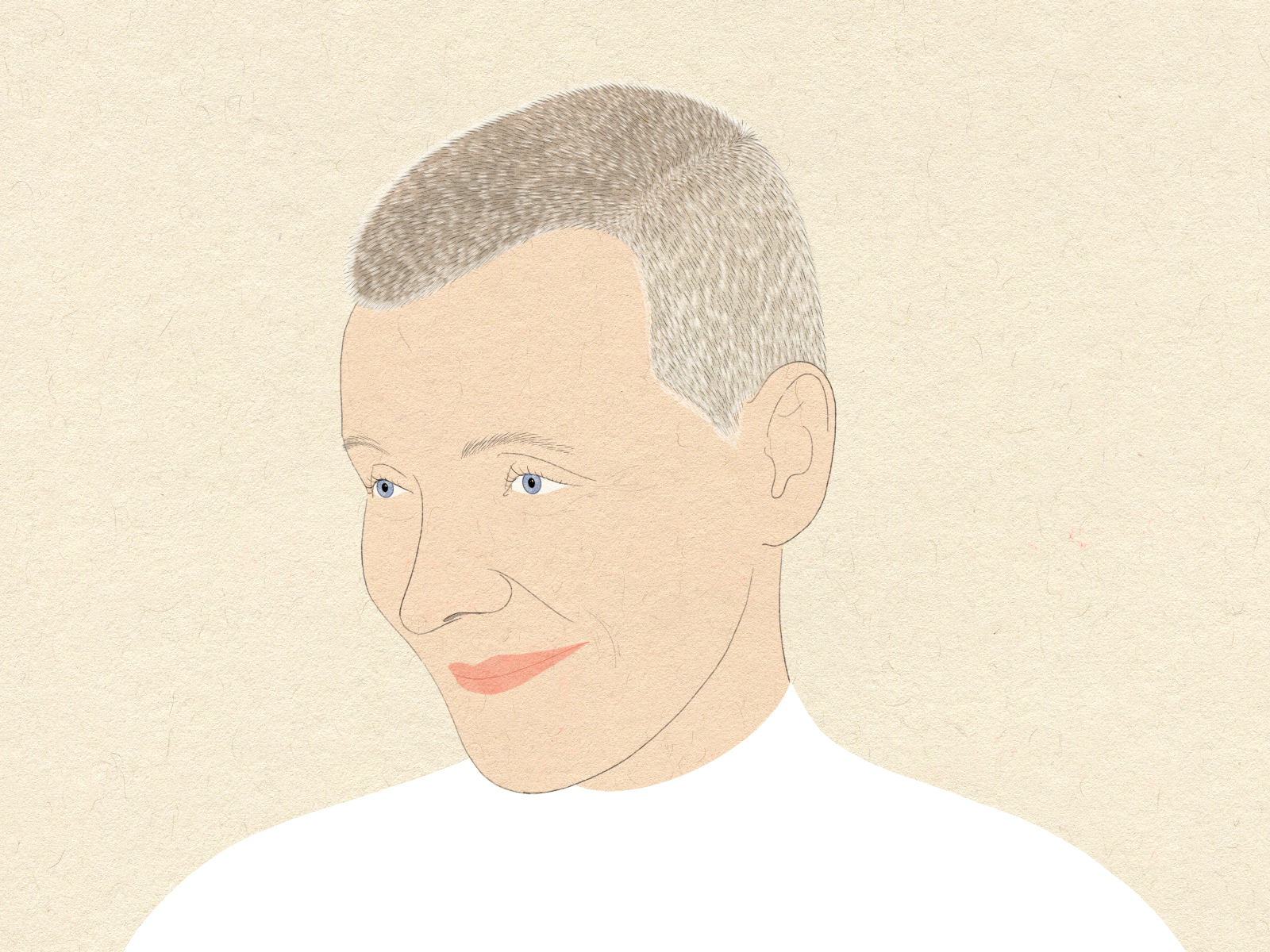Why I Got Rid of 95% of my Books
Reading is an integral part of my life. I love to read, and I love books. But, presently, I don’t feel a need to keep them. Up until a few years ago, I owned books by the score. I...

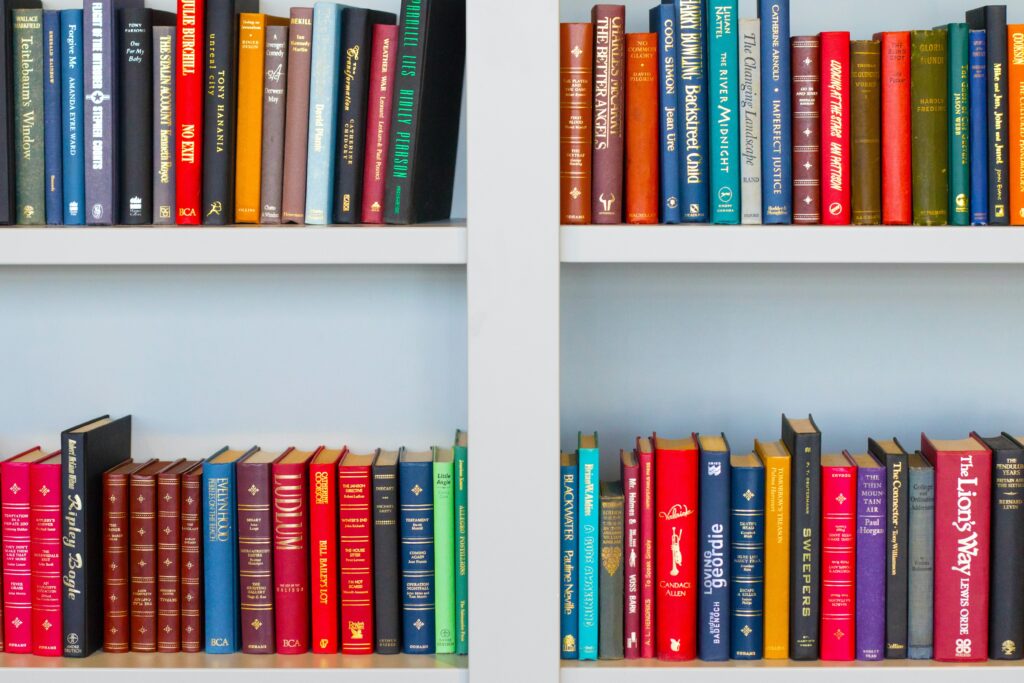
Reading is an integral part of my life. I love to read, and I love books. But, presently, I don’t feel a need to keep them.
Up until a few years ago, I owned books by the score. I spent hours organizing hundreds of novels, reference books, and anthologies galore. I agonized over whether they should be arranged by author, color, or genre.
Eventually, I had more books than space, and was forced to Tetris them into the shelves in a columnar mosaic (though admittedly, I always thought they looked cooler that way). It was impossible to read the books on the bottom as they had the unfortunate job of propping up the ones on top.
But it didn’t really matter – like most book collectors, I didn’t own them all for reading. I had cracked open plenty, but only truly read a third.
For me, books were so much more than their content. I enjoyed being the go-to book person – the one people sought out for reading advice.
I loved the feel of books. Books were both energizing and grounding. I loved the orderly look of the spines lining the wall; I loved their visual texture. I also appreciated the perception they gave other people; books showed that I pursued intellectual growth.
But this is not an ode to my bookshelf. Instead, the depth of my appreciation speaks to why it was such a world-altering philosophical change, when I looked at them one day and realized that books, as a physical object, no longer held the same appeal. I wanted something different – something less.
Here’s why I made this change and what hindered me from doing so sooner:
I never thought of myself as someone with a lot of clutter. I wasn’t a minimalist, but I assumed that every item I owned served a purpose and therefore wasn’t excessive. I soon learned that this didn’t mean as much as I thought.
At the time of my mental switch around books, I found so many other things in my life to downsize as well, and I spent months finding new things to declutter.
Throughout this process, however, books, continued to comprise the largest portion of my item count. While I was perhaps too trigger happy to donate other items in my life, with books, I was still loathe to get rid of a single copy.
Some books represented past intellectual phases or pursuits that I swore I would return to (like marine biology or rock climbing). Some were from school and filled with personal notes. Some came from dead relatives. And many more I had spent money on, so I couldn’t possibly not read them.
Outside of keeping them for content, sentimentality, and financial guilt, I felt that I was giving up a version of myself that, if I was wrong, was irreversible. I found this was the case as well for old styles of clothing I thought I’d wear again, or hobbies I’d pursue when I found time. Like I said before, I was the book person. I decluttered 7, 8, 15 times before settling on a “capsule bookshelf.”
For me, the pursuit of owning less was gradual (and still ongoing to this day). But the biggest thing motivating this change was a desire to engage more with the outside world.
One day, I broke down my life into spreadsheets (what sounds like a thankless task, but in the end was completely worthwhile), and considered how I currently spent my time vs how I wanted my time to be spent. As it happens, these two charts didn’t align.
I wanted to spend my time on activities. I wanted to spend it outdoors, doing something that moved my body. I wanted to cook, paint, play sports. I wanted to spend it with friends and family. And for a portion of it, I wanted to read.
I realized that my current lifestyle didn’t reflect my ideal lifestyle. And the items I owned didn’t reflect the items I would need. As they say, dress for the job you want – or in my case, accessorize for the lifestyle you want.
If I only wanted to spend a small portion of my time reading, why should books take up the biggest portion of items I owned? If you go to a cocktail party once a year, it doesn’t make sense to own 8 cocktail dresses – it would take you 8 years to wear them all. The same goes for visual space. Books took up a lot of room, yet I didn’t want reading to take up a lot of room in my life – at least not more than other activities.
Another realization I had in making these spreadsheets, was how much time I spent, and still spend, doing tasks that feel like a chore – fixing my things, cleaning, organizing, replacing, stressing over, fussing over, and deliberating over my things.
In other words, tasks you put on a to-do list. I don’t mind maintaining items I want to last, but maintaining is still one more chore to think about. The more items, the more chores – and the more chores, the more stress.
In owning so many books, I had made a contract with myself that I needed to read them. I had subconsciously given myself homework and then compounded it with each new book I collected.
I’m still working on my reading strategy. But the one method I’ve settled on that’s manageable and cost effective is a library app on my phone (I use Libby). I love the convenience and availability the app affords me. It has almost every book, and I can read them at almost any time. I can easily take books with me, dispose of them immediately when finished, and not have to worry about finding another while traveling.
Lastly, (and this one sounds counterintuitive for someone who loves to read), it takes away the stress of figuring out which book I’ll read next. While the app has unlimited reading options, most books have a waitlist, and end up becoming available to me, more or less, one at a time. I’m not advocating a reading app for everyone, as it requires staring at another screen, however, for my current lifestyle, it works just fine.
About the Author: Blaire Hobbs is a freelance writer and editor from Santa Cruz, CA. She is passionate about sustainability, conscious consumerism, and healthful living.

 Lynk
Lynk 







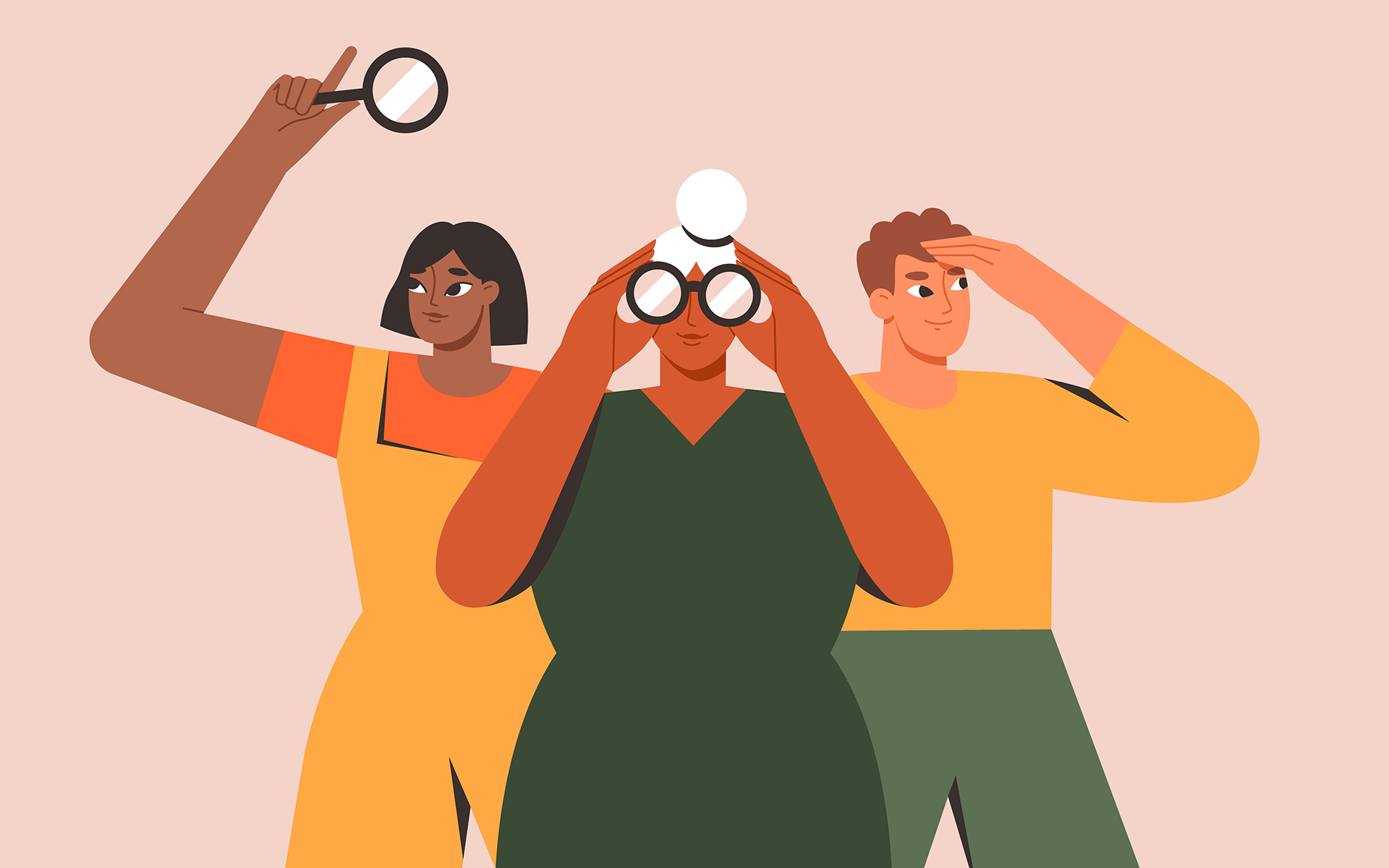
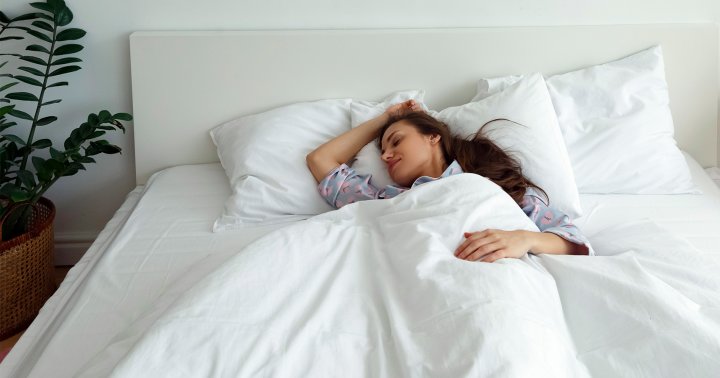
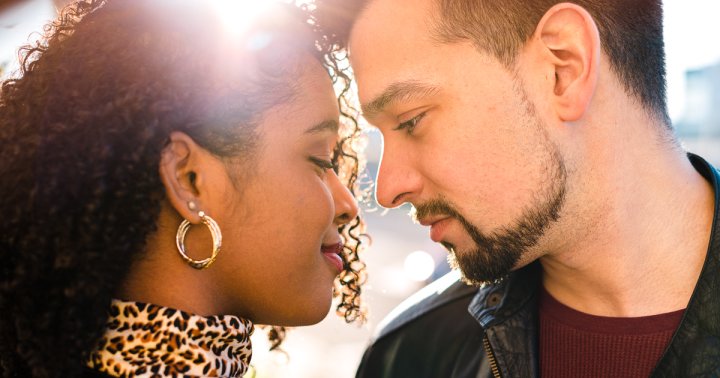
















.jpg&h=630&w=1200&q=100&v=6e07dc5773&c=1)



